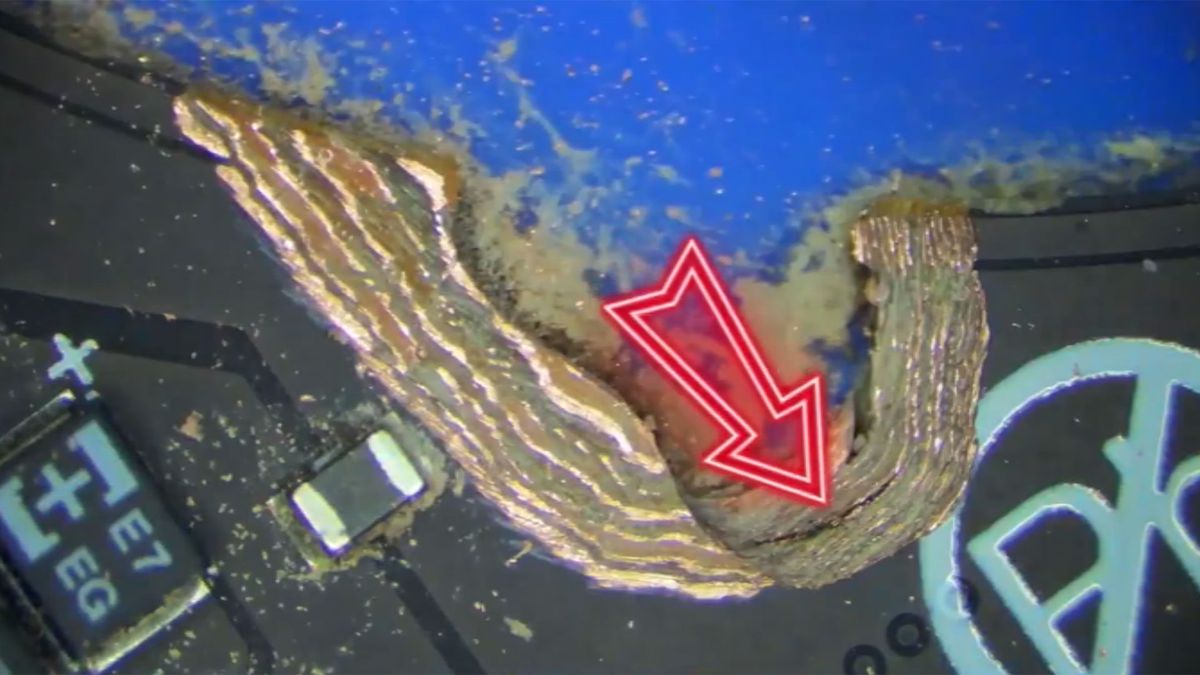Crew members of the Eagle S oil tanker have been charged with “aggravated sabotage and aggravated interference with telecommunications” by Finnish authorities, reports The Guardian. Specifically, the captain, first, and second officers of the Eagle S are now in trouble with the long arm of Finnish law, over allegations they intentionally damaged five undersea cables by dragging their ship's anchor across the sea floor for over 50 miles.
Late last year, this oil tanker, thought to be operating as part of the Russian ‘shadow fleet,’ was suspected of being behind some high-profile internet cable sabotage that occurred in the Baltic Sea. There was a flurry of such damage in late 2024, with European politicians talking about Russia being engaged in ‘hybrid warfare.’ The 'shadow fleet' designation indicates the tanker, registered in the Cook Islands, is understood to be a Russian vessel sailing under a foreign flag to evade sanctions.
Concerning the case of this particular vessel, some of you will remember our report late last year, when Finland’s National Bureau of Investigation (NBI) pointed the finger at the Eagle S. Its crew was suspected of being the culprit behind the severing of the Estlink 2 power cable, and several other internet and communications cables connecting Finland and Estonia, on Christmas Day 2024.
Investigators found evidence of “almost a hundred kilometers” of anchor dragging on a path followed by the Eagle S in the Baltic. The ship/crew was already facing legal trouble, under scrutiny for an aggravated arson charge and the aggravated regulation offense due to its (mis)handling of its oil cargo.
The seized vessel was released from Finland's Svartbäck anchoring site in February 2025. However, the Guardian report says the three accused crew members have remained “under a travel ban in Finland.”
The jurisdiction question
When the case eventually hits trial, it is expected, from the pleas of the accused thus far, that there will be a strong debate about Finland’s jurisdiction outside its territorial waters. Lawyers for the suspects facing trial have already highlighted this legal wrinkle. However, Finnish prosecutors assert that “the effects of the crime materialized here in Finland,” thus bringing it to the jurisdiction of Finland. Moreover, two Finnish companies had to spend €60m (USD$70m) just to repair the damaged undersea cables.
Finland’s geographic position, sharing a very long border with Russia and being highly reliant on undersea cabling for connections with Sweden, Estonia, and the Central European nations, makes the suspected Russian ‘Hybrid warfare’ seen here a particularly prickly topic.
Follow Tom's Hardware on Google News to get our up-to-date news, analysis, and reviews in your feeds. Make sure to click the Follow button.

 4 months ago
18
4 months ago
18









 English (US) ·
English (US) ·